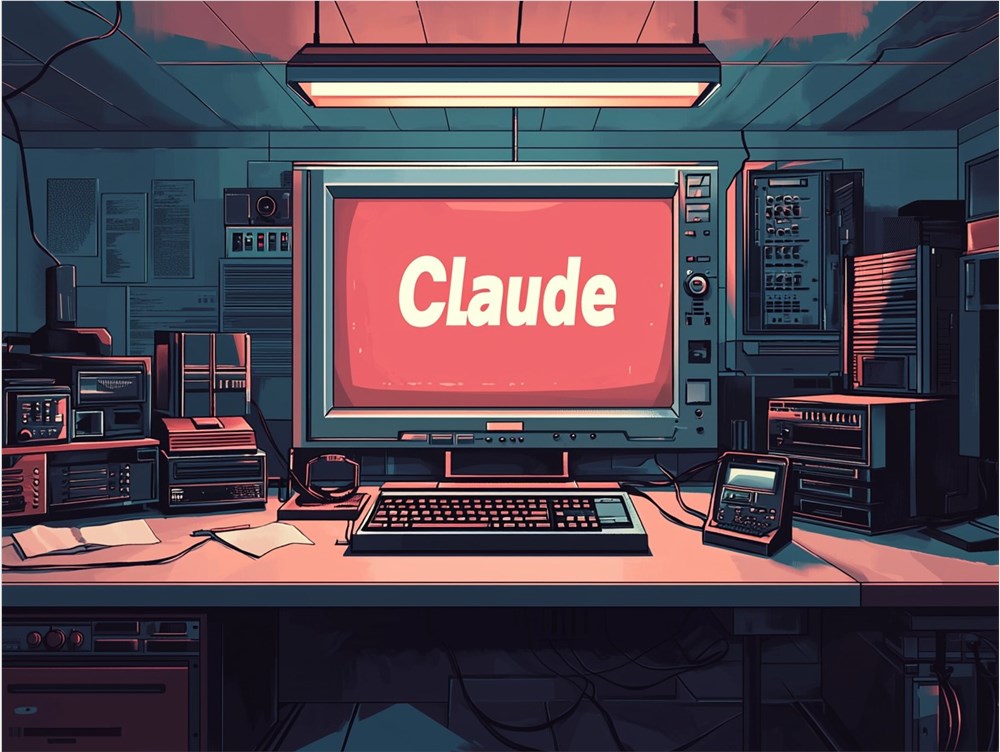Claude's Major Update: One-Click MCP Tool Integration
Claude's Major Update: One-Click MCP Tool Integration
Anthropic's AI assistant Claude has rolled out a substantial upgrade, introducing an 'Application and Tool Directory' that streamlines the integration of Model Context Protocol (MCP) services. This enhancement allows users to effortlessly connect and activate MCP tools through an intuitive interface, significantly improving AI workflow efficiency for both individual and enterprise users.

Image source note: The image was generated by AI, and the image licensing service is Midjourney.
MCP Tool Directory: Simplifying AI Integration
The newly launched 'Application and Tool Directory' enables seamless connections between Claude and external tools via the MCP protocol. Users can now browse and activate various MCP services directly within Claude's interface, eliminating complex configuration processes. As an open-source standardized protocol developed by Anthropic, MCP facilitates bidirectional interaction between AI assistants and external data sources, tools, and services. This update significantly lowers the barrier to entry for MCP adoption.
Supports Web and Desktop Environments
Claude's tool directory offers two operating modes:
- Web-based Remote MCP: Users can connect to remote MCP services through Claude's web application, including popular enterprise tools like Asana, Atlassian, and PayPal, as well as communication platforms like iMessage.
- Desktop-based Local MCP: The desktop version supports a local MCP server, ideal for file system operations and personal development tools, providing developers with greater flexibility and security.
This dual-mode functionality ensures users can select the most suitable MCP service for their needs, whether for cloud collaboration or local development.
A Growing Ecosystem of MCP Services
The tool directory includes a diverse range of MCP services, catering to various scenarios from project management to communication. Notable integrations include platforms like Canva, Figma, Linear, Notion, and Stripe. These services collaborate seamlessly with Claude via the MCP protocol, enabling tasks such as design prototyping, project management, and payment processing.
For instance:
- Developers can use the GitHub MCP server to analyze code or create pull requests.
- Enterprise teams can leverage the Slack MCP server to automate report generation and updates.
Industry Impact of the MCP Directory
This update marks Claude's evolution from a conversational AI to a comprehensive workflow platform. By standardizing support for the MCP protocol, Claude reduces integration costs and fosters an open ecosystem for developers. Analysts predict this feature will accelerate AI adoption in enterprise settings, particularly in complex workflows requiring cross-tool collaboration. However, some users have raised concerns about the need for enhanced security and permission management to safeguard data privacy.
Future Prospects: Expanding AI Workflows
As the MCP tool directory grows, Claude is expected to support more industry-specific services in sectors like finance, healthcare, and education. Anthropic plans to continue open-sourcing the MCP protocol and encouraging developer contributions to expand the ecosystem.
Key Points:
- One-click integration: Simplified connection to MCP services via Claude's new directory.
- Dual-mode support: Compatible with both web-based remote and desktop-based local MCP services.
- Ecosystem growth: Expanding range of integrated tools like GitHub, Slack, and Notion.
- Enterprise potential: Enhanced workflow automation for teams across industries.
- Future focus: Ongoing development of industry-specific MCP services.